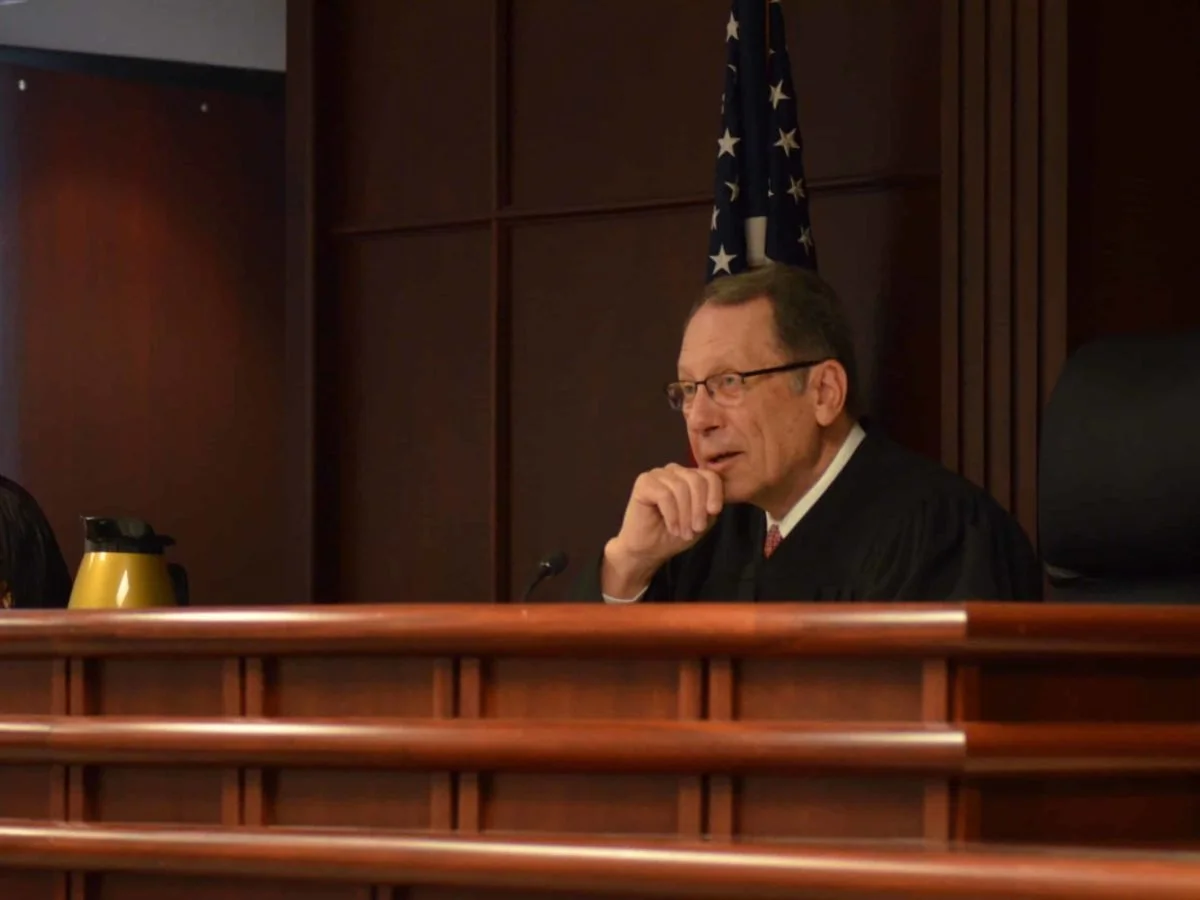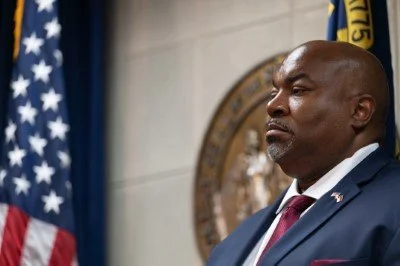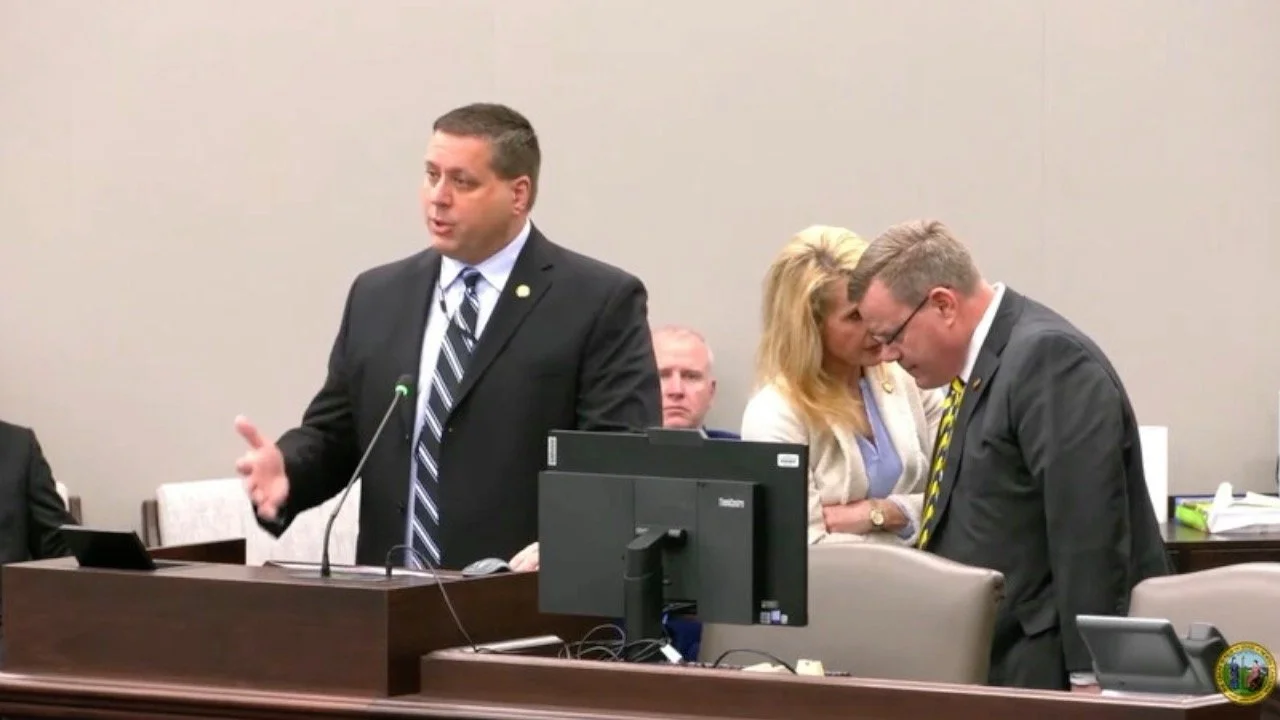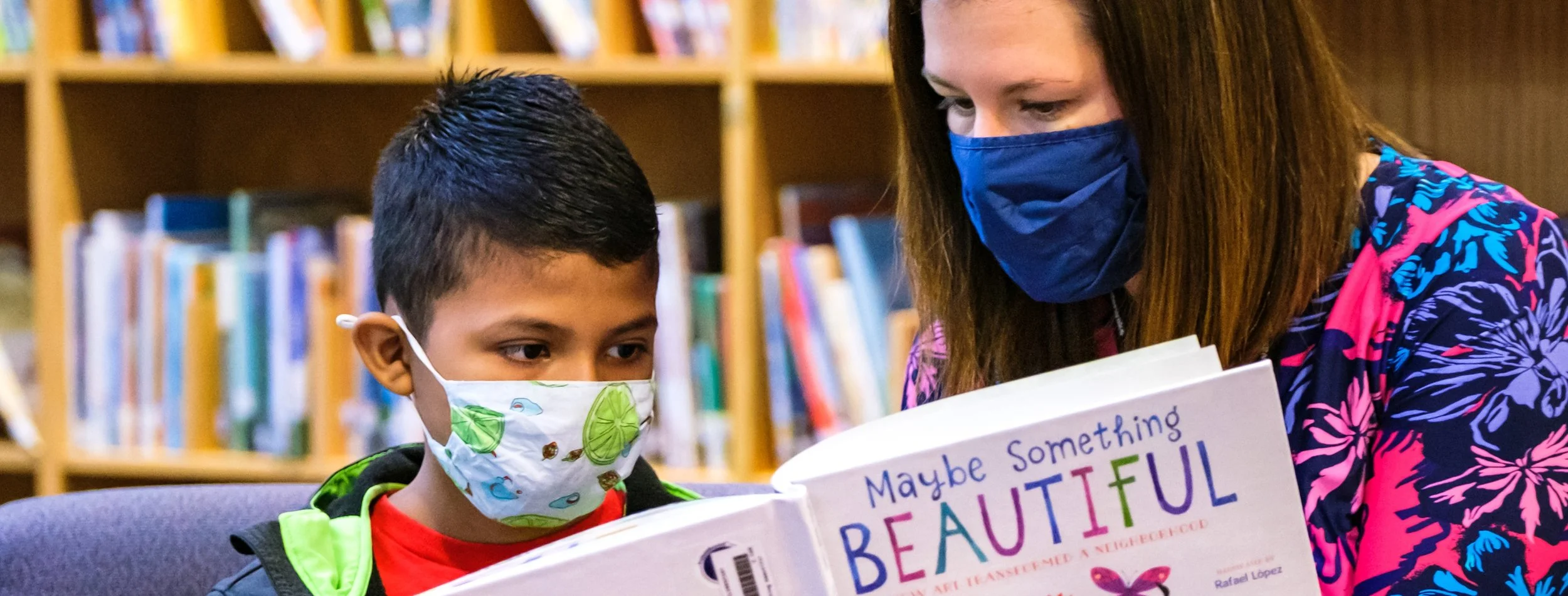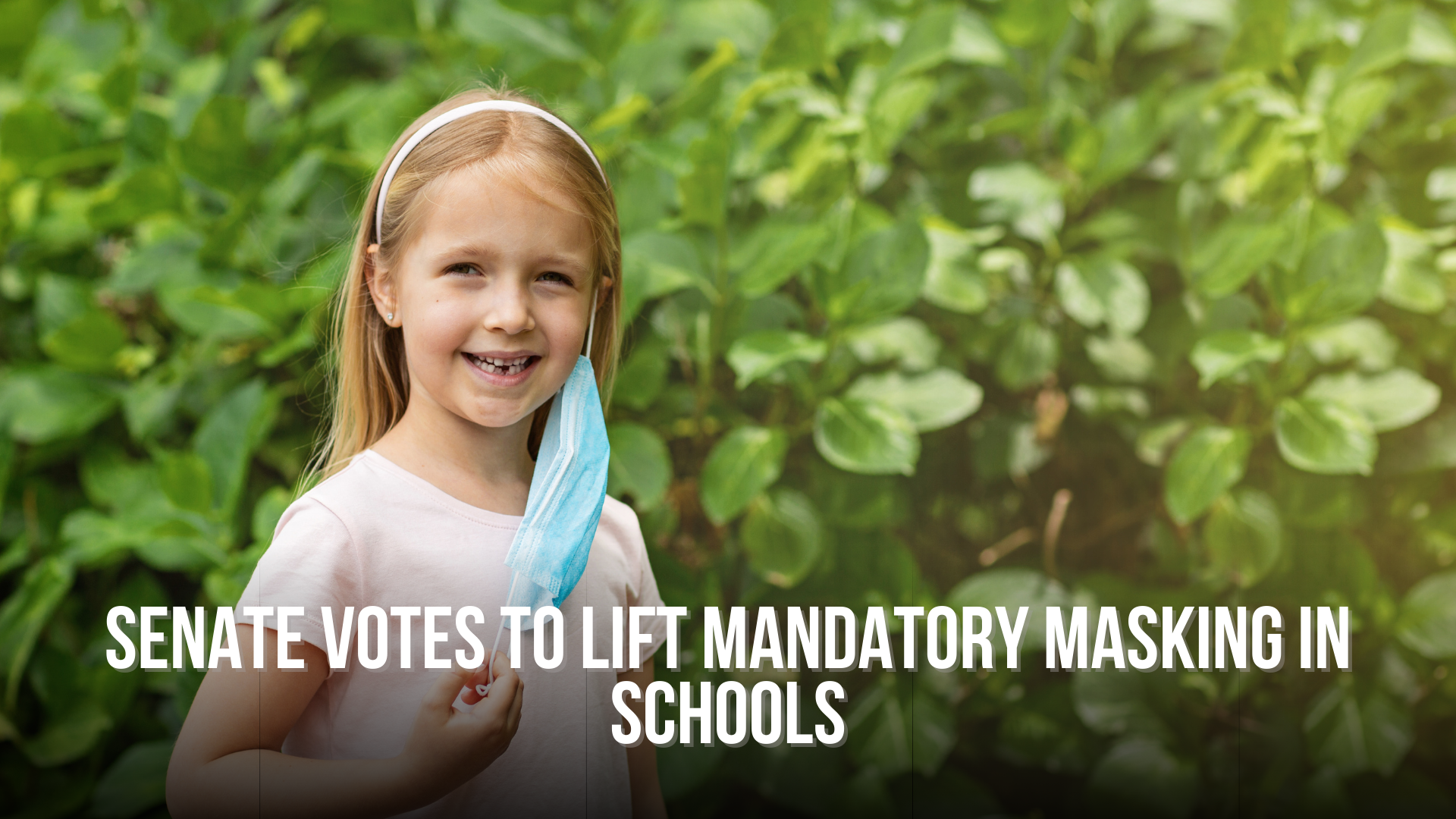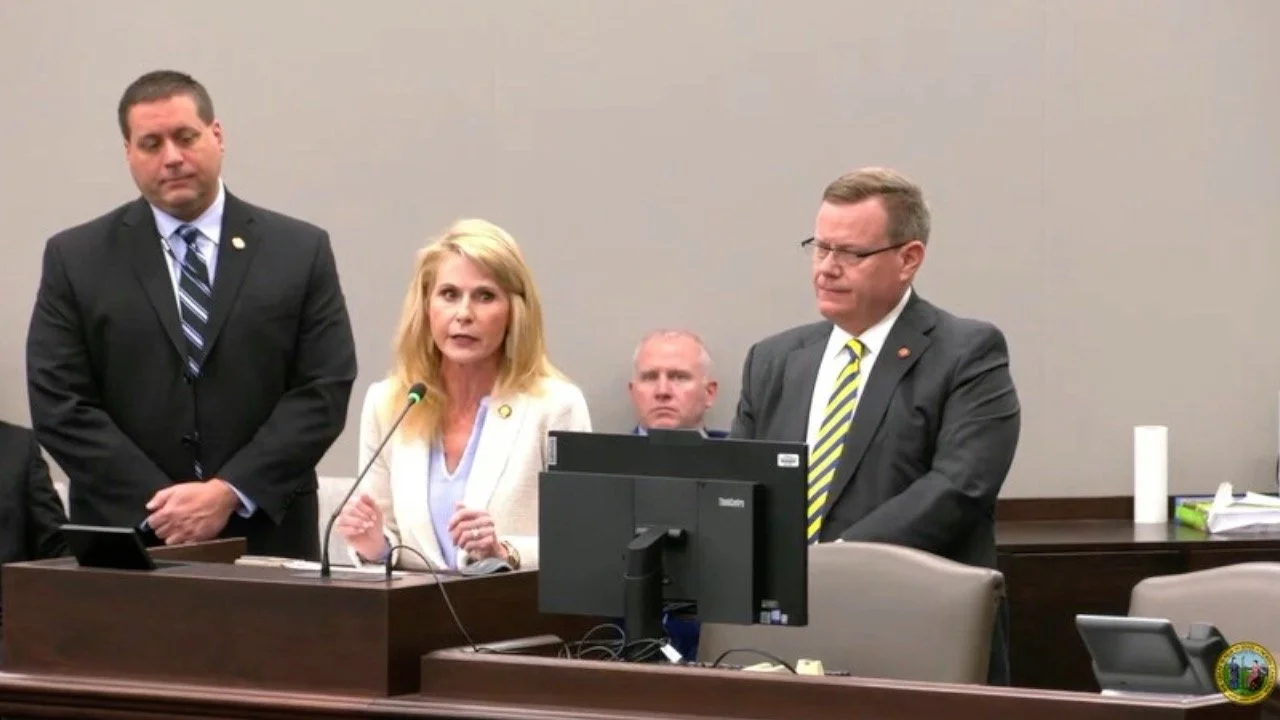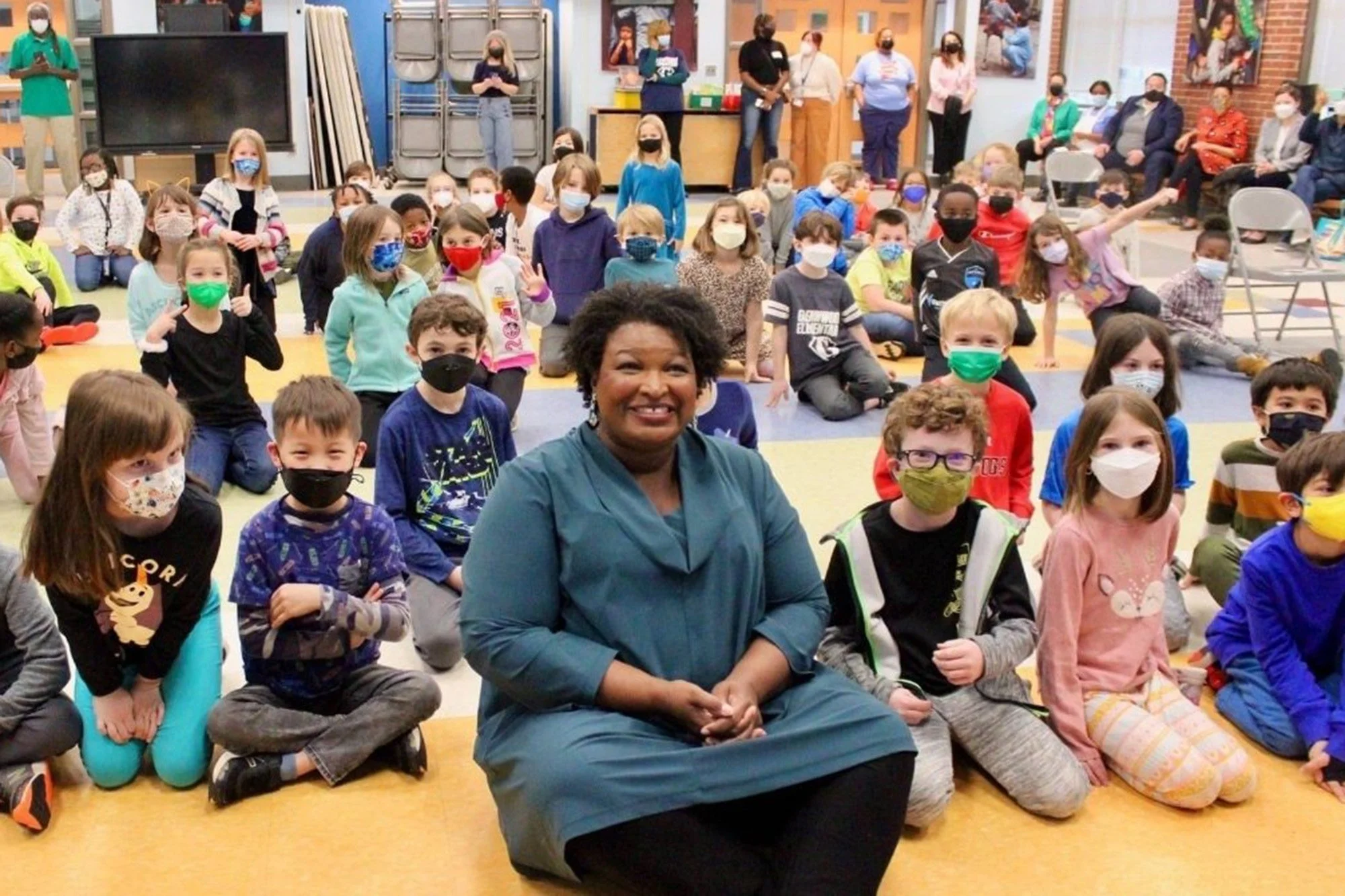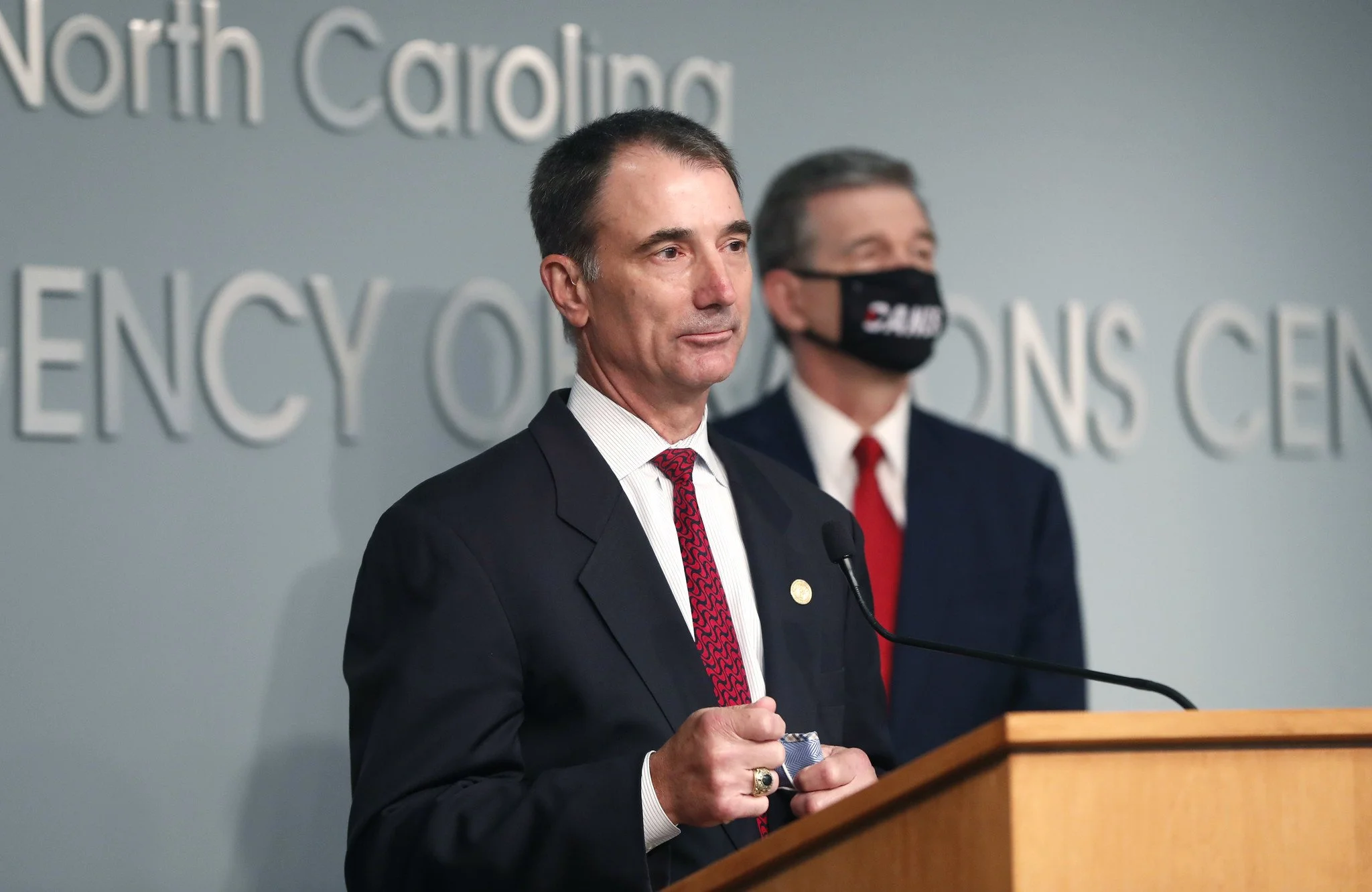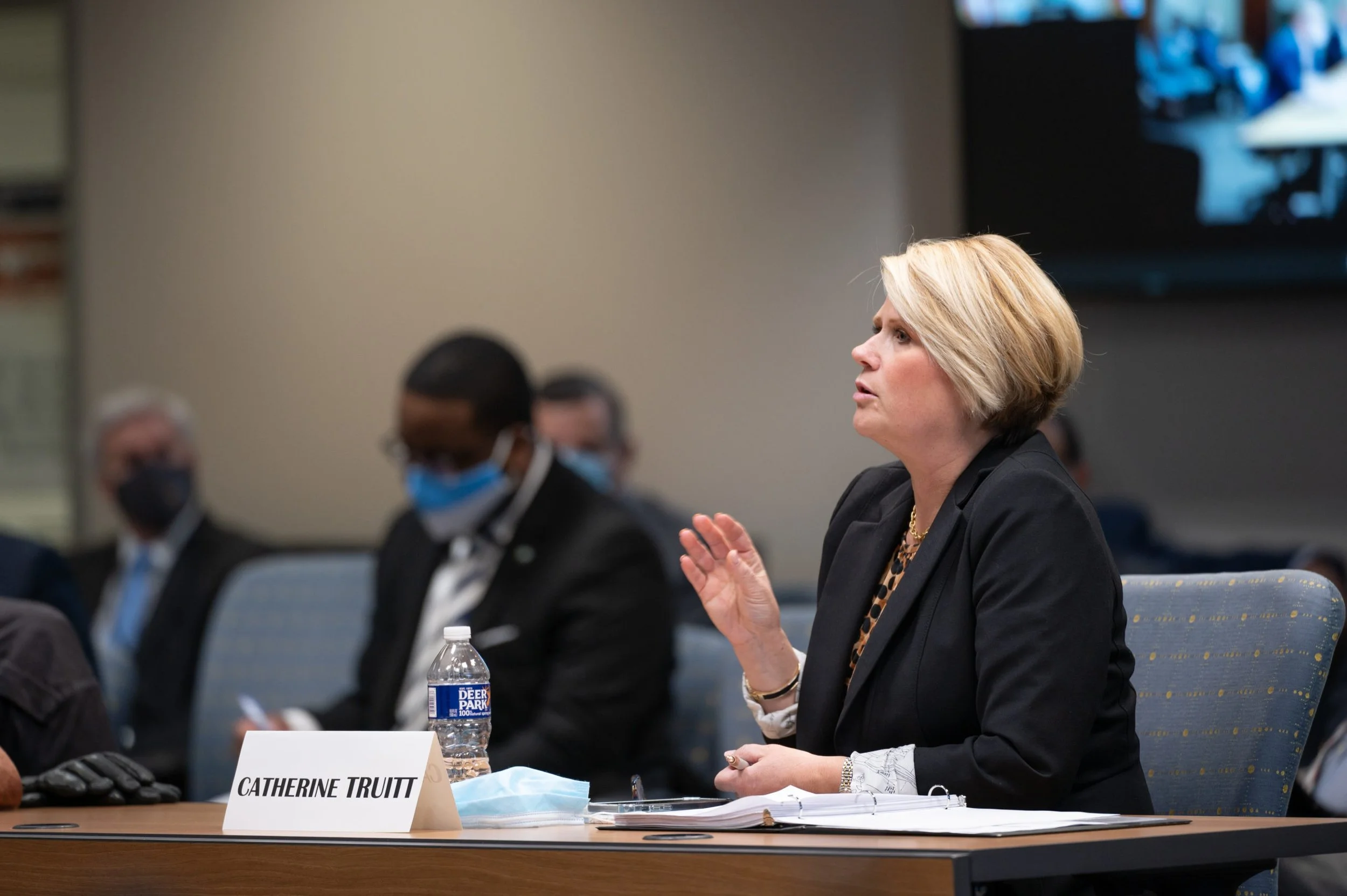The fight over Critical Race Theory grabs headlines. But there’s a more fundamental problem plaguing public schools.
All in Education
Op-Ed John Hendley: Investments in hedge funds help ensure access to higher education
Higher education has helped countless North Carolinians achieve a bright and successful future — for our children, our families, and our state. But not everyone has the same access to the opportunities a higher education provides.
Governor Cooper highlights Longleaf Commitment Community College Grants
Governor Roy Cooper held a roundtable at Central Piedmont Community College in Charlotte to highlight the Longleaf Commitment community college grant program. Cooper met with education leaders and grant recipients to spotlight the program and raise awareness for current high school seniors who may be eligible to get a grant to attend community college debt-free.
Governor Cooper proclaims March 2022 as Students@Work℠ month
Governor Roy Cooper has proclaimed March 2022 as Students@Work℠ Month in North Carolina. Throughout the month, employers will host virtual programs that will provide approximately 28,000 students with exposure to jobs and industries in their communities and across the state.
Legislative leaders urge N.C. Supreme Court to steer clear of school funding fight
Legislative leaders argue there's no good reason for the N.C. Supreme Court to stp into a dispute now over $1.7 billion in court-ordered education funding. Republican legislators filed a new brief Monday. It opposes a request from the N.C. Department of Justice and other parties backing court-ordered funding.
Antionette Kerr: Clarence Henderson at the 1960 Woolworth sit-ins
On the second day of the 1960 Greensboro sit-in, Clarence Henderson sat at the Woolworth lunch counter in downtown Greensboro to protest segregation. Joseph A. McNeil, Franklin E. McCain and William Smith joined him during that historic moment.
Governor Cooper discusses mental health initiatives in NC colleges
Governor Roy Cooper joined U.S. Department of Education Secretary Miguel Cardona and North Carolina Central University students, faculty and staff to learn more about the work at the university to expand and strengthen mental health services at North Carolina’s higher education institutions.
Robinson calls for accountability, discipline in K-12 public schools
Lt. Gov. Mark Robinson is calling for broad reforms to the K-12 education system in North Carolina. Robinson's comments came during a standing committee meeting on Monday, Feb. 21, that touched on themes of accountability, discipline, and restoring common sense.
Governor Cooper proclaims February 21 - 25, 2022 as Public Schools Week
Governor Roy Cooper has proclaimed February 21 - 25, 2022 as Public Schools Week to show support for public schools and the educators, counselors, custodians, bus drivers, school nutrition workers, administrators and other school staff who provide important learning experiences for students.
Student mask rules lift after legislature’s vote, Cooper’s announcement
Mask mandates are stripping away across the state as school districts vote to end nearly two-year requirements that students in grades K through 12 remain masked for up to eight hours a day. As of Monday Feb 21, 2022, fewer than 50 school systems in North Carolina currently have mask mandates standing and this week even more are eliminating the requirement them, according to the N.C. School Board’s Association.
Report: Elementary students lag in literacy due to pandemic
A research brief from curriculum publisher Amplify shows that elementary school students continue to lag behind in literacy almost two years into the COVID-19 pandemic.
Senate votes to lift mandatory masking in schools
Yesterday the N.C. Senate passed Senate Bill 173, "Free the Smiles Act." This bill makes masks optional in K-12 schools and early childhood programs on state property, thus giving parents control over the decision to mask their children. The bill passed the Senate 28-17.
Lawmakers vote to ditch masks as Cooper signals end to mask mandates
Gov. Roy Cooper on Thursday, Feb.17, called for an end to local mask mandates for schools and local governments, though state lawmakers are seemingly forcing his hand.
Legislation allowing parents to opt-out of mask requirements to be proposed in state House
Following the N.C. Department of Health and Human Services announcement that North Carolina won’t be ending the mask mandate for public school children, N.C. Speaker of the House, Tim Moore, R-Cleveland, stated that the House would be advancing legislation to give parents the ability to opt-out of the mask requirement. Legislation is expected after redistricting.
N.C.’s largest school district still hemorrhaging students due to pandemic
North Carolina’s largest school district continues to feel the impact of pandemic-related reductions in its student population, and those impacts will be felt for at around a decade, according to a report presented to the Wake County Board of Education on Wednesday, Feb. 9.
UNC would gain by losing
This online chat between admissions officers reflects poorly on the culture and policies of the university employing them. It shows them engaging in crude racial classification.
North Carolina House Speaker Tim Moore urges Governor: End student masking policies
North Carolina House Speaker Tim Moore sent a letter to Governor Roy Cooper asking to end the policies that have disrupted classrooms and hindered student achievement and repeal the guidelines that force healthy kids to stay home and effectively mandate masks in schools, as most governors across the country finally do the same.
Democrats shore up dominance on N.C. State Board of Education
Of the 11 members on the N.C. State Board of Education, four are Republican appointees. With a recent resignation, that number dips to just three.
Council of State talks education, getting students ready to work
Catherine Truitt is concerned the state isn't doing enough to prepare students to work if they choose not to go to college after high school. As the state's superintendent of public instruction, Truitt raised her concerns at the Council of State meeting on Tuesday, Feb. 1, saying the DPI is tackling the problem in a project with the N.C. Chamber of Commerce to elevate new K-12 Workforce goals.
Preschool intervention gets poor marks
Perhaps we should “follow the science” and abolish North Carolina’s pre-kindergarten program.





